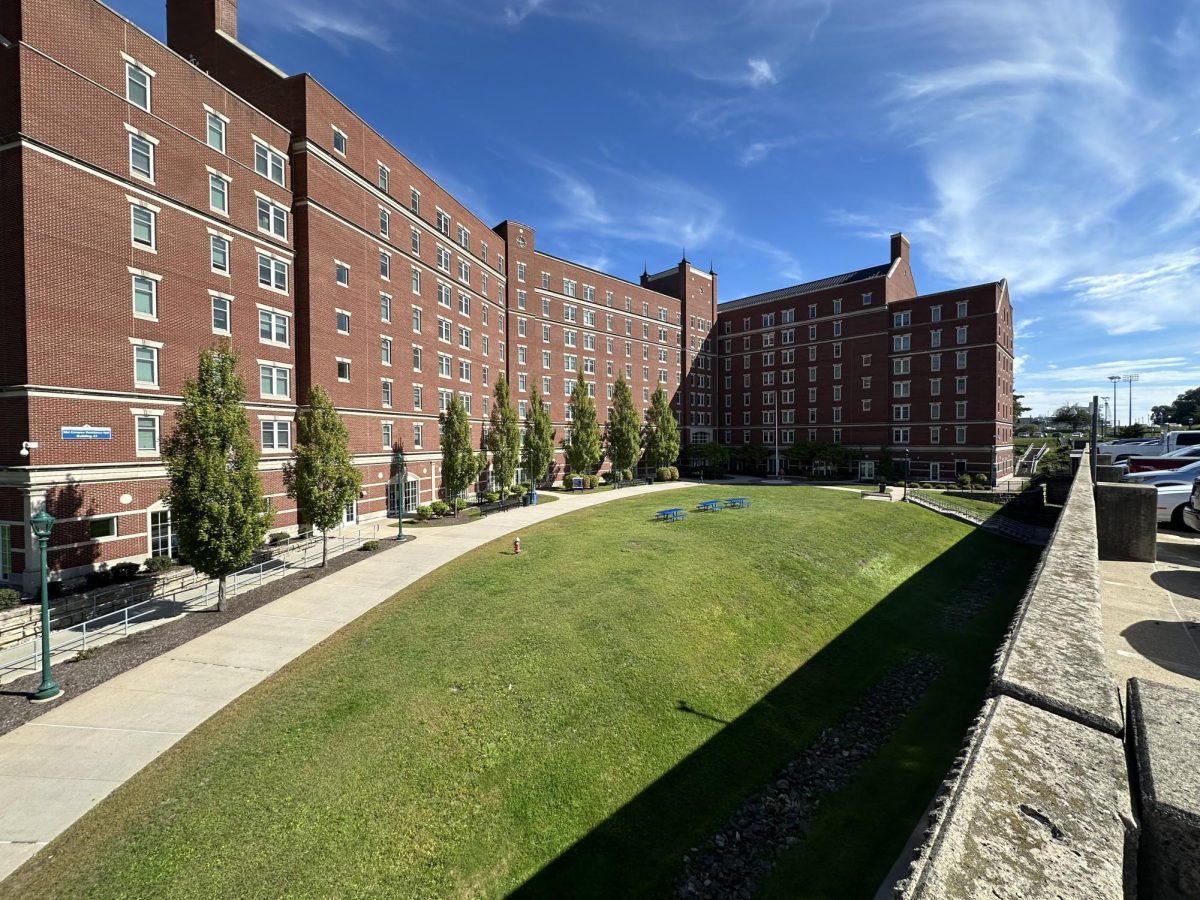By Kelly Gore / Special to The Recorder
Determining whether sever weather conditions are enough to cancel school has been an ongoing conversation this winter.
According to the National Weather Service, a total of 12.9 inches of snow fell last in January, making for dangerous conditions on the roads and for commuters.
“Unfortunately most of the problems come from the plows and conditions of the roads,” explained Dr. Mark McLaughlin, associate vice president of marketing and communications and the man behind the posting of cancellations. “We do honestly take into consideration people’s sense of what is safe.” McLaughlin and Dr. Richard Bachoo, CCSU’s chief administrative officer, are the tag team that monitor conditions and post conclusions about the weather conditions.
“Dr. Bachoo has the info, so he makes the call,” explained Dr. McLaughlin. “I go immediately to our Web site and post the info. Then I contact the police dispatch and tell them what Dr. Bachoo has decided and that information is put into a message for the media I contact.”
“If the National Weather Bureau is predicting something, Dr. Bachoo will monitor that and he will consult at about 4 a.m. with the state highway patrol and the department of transportation about the roads,” McLaughlin said.
He and Bachoo consult no later than 5 a.m. and a decision is posted on the web by 5:30 a.m. if a morning cancellation is determined. If conditions worsen after that a decision must be determined by 2 p.m.
“Sometimes unfortunately the conditions deteriorate far later into the afternoon and those are extraordinary circumstances and we’re governed by the situation,” explained McLaughlin. Although the best precautions are taken during a storm complaints naturally arise from faculty and commuters.
“My students are very communicative. There is occasional griping about school should have been canceled,” said Dr. Burlin Barr, English professor. “The cancellations this year have been okay, but the 2 p.m. deadline if the storm hits at 3 p.m. makes it a little bit hard. I let the winter weather advisories be my guide,” Barr said.
He explained he has a 55 -mile commute from Amherst, Mass. and he admits that during bad weather, he lets students go early so that he can get on the road as early as possible himself.
“I have been stuck on the road and I don’t want any of my students to risk their lives for one class of American Lit II, he said.”
Kim Dorfman, a lecturer in the English department who lives across from Davidson Hall, shares Barr’s sentiments. “I don’t want people to risk their lives. I have had good luck with snow and my classes,” Dorfman said.
“I haven’t had one cancellation due to weather in 9 years of teaching until that one Wednesday this semester.” She said she thinks the university does the best job it can and admits that she would prefer a cancellation during bad weather, “because most people wouldn’t show up anyways.”
Commuter Brian Oleksiw explained his attitude for caution. “Life is too short to worry about getting to class for one single hour; even an entire day of classes isn’t worth it, because if you’re dead you are not going to be finishing the semester anyway,” he said.
“People usually understand we’re making the best decision we can based on the information we collect.I’m very candid about complaints – we live in New England,” McLaughlin said.


